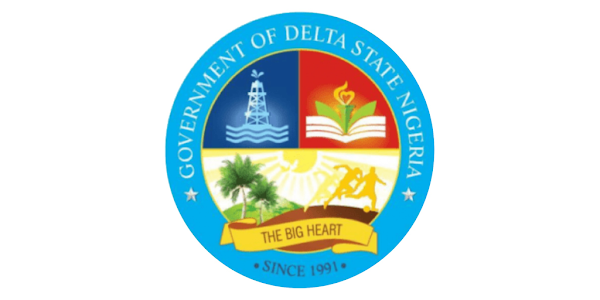Widowhood in Nigeria, a silent exterminator, has remained a public discourse at all times. When a woman’s husband dies, she often loses not just her life partner but also her voice, her security, and sometimes even her dignity. In many cases, widowhood in our society comes with economic dispossession, social neglect, and outright abandonment.
It is commendable, therefore, that the Delta State Government, under Governor Sheriff Oborevwori has taken a bold step with the launch of the Widows Welfare Scheme (WWS), which aims to empower 10,000 widows across the state to shoulder the heavy burden of survival, oppression, and denials after losing their spouses.
The financial support component offers each widow a monthly stipend of N15,000, which in today’s harsh economic climate may not be much, with soaring inflation and the rising cost of basic goods, to solve every problem. But it is a start. It can provide a cushion against the daily uncertainties of survival.
Moreover, by releasing an upfront N45,000 to cover initial arrears birthed by the scheme, the administration has shown intent to back its promises with action, an acknowledgement that the government has not forgotten these women, and ready to restore the dignity to those who have been marginalised. It is a journey of empowerment. With these interventions, widows are not left to choose between feeding their children and saving their own lives.
Yet, the money alone is not enough. That is why the inclusion of healthcare is particularly significant. Governor Oborevwori rightly noted that “health is wealth.” By enrolling widows into the Delta State Contributory Health Insurance Scheme, the state is securing access to treatment that many would otherwise never afford. Illness often compounds poverty, and for a widow already struggling to provide for her family, one medical bill can push her over the edge.
Still, for all its promise, the scheme’s true success will rest on management and integrity. Too often, well-meaning government initiatives in Nigeria are hijacked by nepotism, political patronage, or sheer inefficiency. Disbursements must remain transparent, non-political, and free from favoritism.
Equally important is sustainability. Funding a program of this scale is not without challenges. With 10,000 widows receiving stipends, the state commits itself to a monthly outlay of N150 million. That is a heavy but necessary investment in human welfare.
Therefore, this commitment must not be allowed to falter with time or a change in political leadership. Delta State must demonstrate that social welfare is not a passing gesture but a long-term pillar of governance.
What Delta has done could serve as a model, but it should not stand alone. Replication across the country would not only strengthen social safety nets but also give hope to millions who currently suffer in silence.
Consequently, local governments in the state and other states across the federation should emulate this initiative. Widowhood is not a Delta problem alone; it is a national issue. The Nigerian government at all levels must confront the reality that widows and other vulnerable groups need targeted support.
Widows, on their part, must seize this opportunity. Government can only do so much; empowerment is a partnership. The stipend and healthcare should be seen not just as handouts, but as a foundation to build upon. Whether through petty trading, small-scale farming, or skills acquisition, beneficiaries must strive to add to what they receive. The long road to empowerment begins with this first step, but progress requires continuous movement.
Governor Oborevwori has rightly positioned this scheme within his MORE Agenda, which prioritises inclusiveness and opportunities for all. It is a commendable reminder that governance is not only about building roads and bridges, but about touching lives and restoring dignity. For widows in Delta, this is more than a policy; it is a lifeline.
With this program, Delta State has shown leadership. But leadership is not just about starting well; it is about sustaining the vision and ensuring no one is left behind. If managed with sincerity and fairness, it could stand as one of the state’s most enduring legacies.


